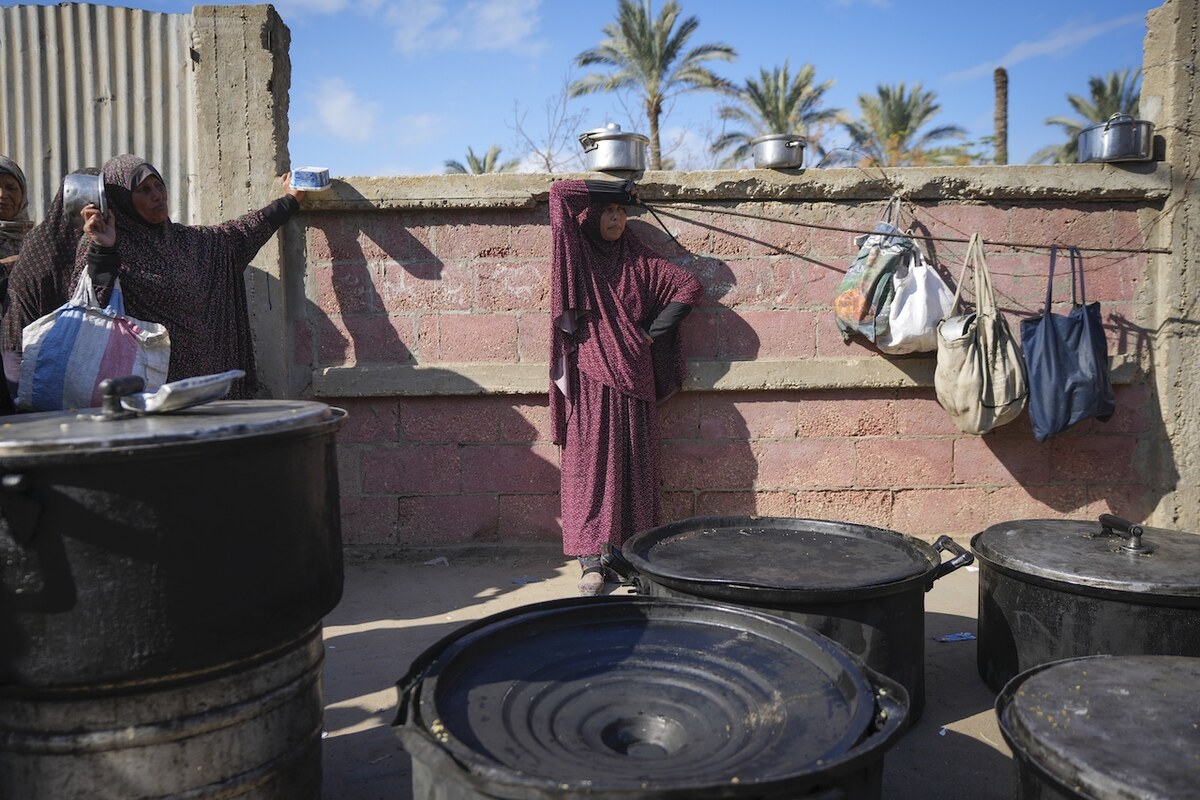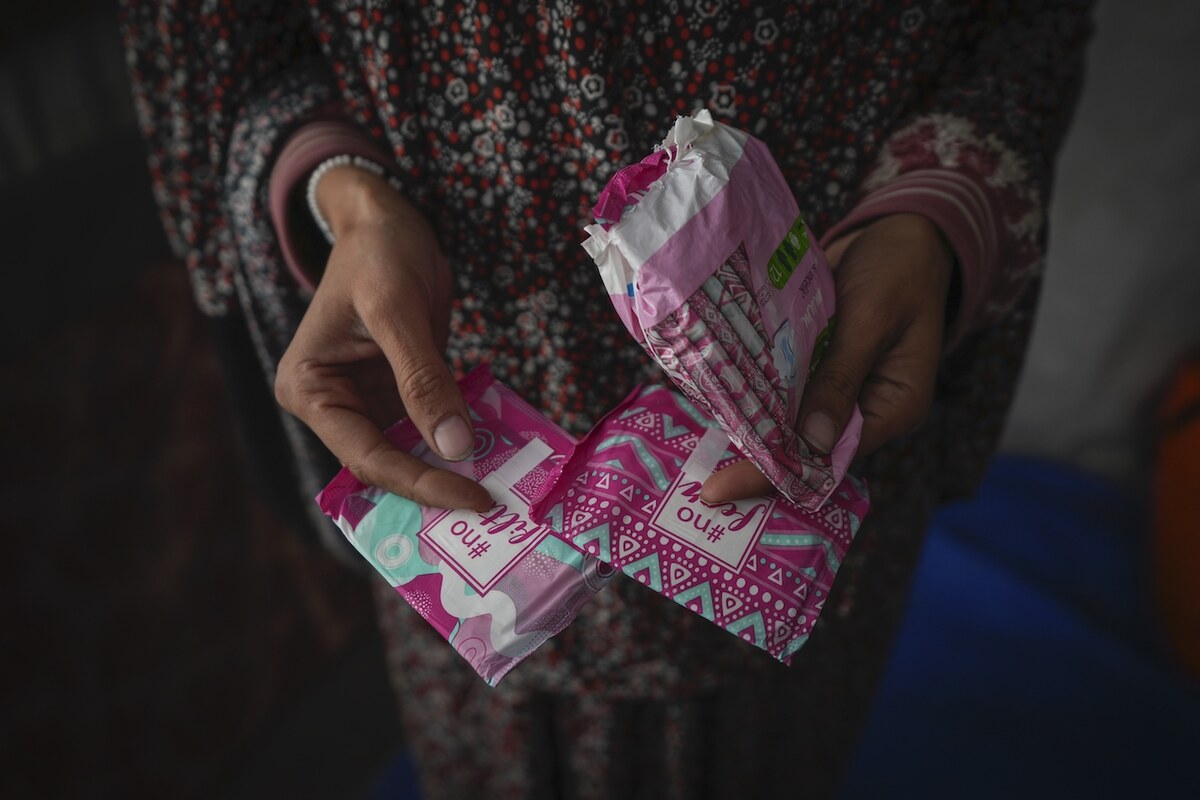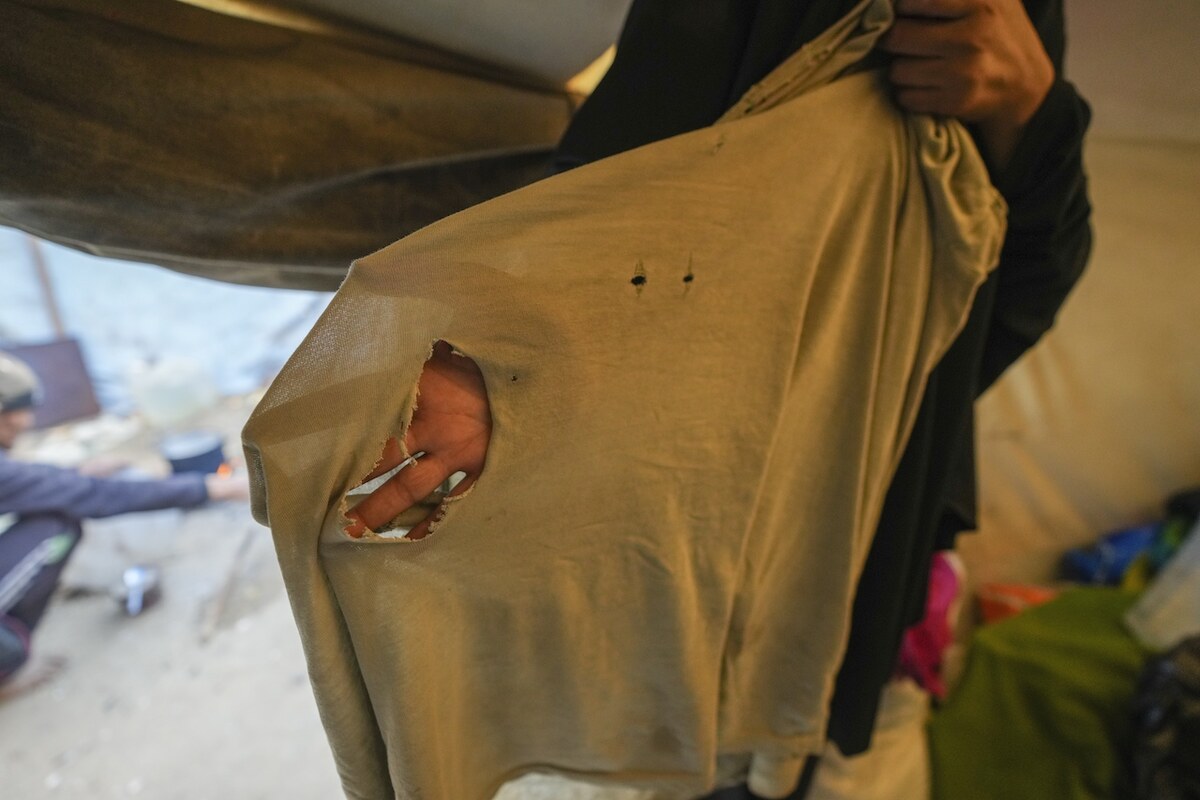ANKARA: Turkish President Recep Tayyip Erdogan met with his Egyptian counterpart Abdel Fattah El-Sisi in Cairo on Feb. 14 as part of a major state visit intended to boost the gradual normalization between the two countries that started in 2021, with plans for El-Sisi to visit Turkiye in April.
In the aftermath of the visit, it emerged that Turkish authorities revoked the citizenship request of reported Muslim Brotherhood Secretary-General Mahmoud Hussein Ahmed Hassan, drawing speculation on the motives behind the decision.
Erdogan’s visit signaled a shift in Turkiye’s stance toward the Muslim Brotherhood, a pivotal factor in thawing tensions between the two nations.
Al-Arabiya reported Hussein has offloaded his property in Istanbul, engaging in discussions with Muslim Brotherhood officials on potential courses of action, including a resolution with Turkish authorities or seeking an alternative place of residence.
Turkiye has undertaken measures over the past two years to address Egypt’s demands for crackdowns on exiled Muslim Brotherhood members and the closure of Istanbul-based media outlets critical of the Egyptian government. Consequently, prominent Muslim Brotherhood figures, media personalities, and academics have begun leaving Turkiye, while Egyptian dissidents face social media restrictions imposed by Turkish authorities.
In 2022, the Muslim Brotherhood-affiliated Egyptian satellite TV channel, Mekameleen TV, relocated its operations from Turkiye, underscoring shifts in regional dynamics. Last year marked a significant milestone as Egypt and Turkiye appointed ambassadors to each other’s capitals for the first time in a decade. The Feb. 14 Cairo meeting, along with El-Sisi’s planned visit to Turkiye in April, are a further signal of the desire for diplomatic normality.
Soner Cagaptay, senior fellow at The Washington Institute, told Arab News: “The reconciliation with Egypt represents the final and most challenging aspect of Turkiye’s ongoing efforts to reset relations with Middle Eastern powers. For nearly a decade, Turkish relations with countries in the Middle East were strained primarily due to Ankara’s unilateral support for the Muslim Brotherhood starting in 2011. While Turkiye gradually repaired ties with other nations, Egypt remained the last hurdle, as President El-Sisi has insisted on concrete steps from Turkiye to crack down on exiled Muslim Brotherhood members residing within its borders.”
Despite recent warm exchanges aimed at repairing ties, experts stress the importance of addressing the Libyan conflict before genuine cooperation can be achieved, as two countries have frequently found themselves at odds in their support for rival governments in the North African country.
“As an additional, yet unspoken aspect of the reconciliation process, negotiations between Ankara and Cairo have also touched upon a potential power-sharing agreement for Libya, seeking a common understanding of the Libyan conflict. Egypt views the eastern part of the North African country as within its sphere of influence,” Cagaptay said.
Ankara recently began to talk to various actors in Libya rather than limiting itself to the Government of National Accord, one of the two rival governments that emerged in the war-torn country.
On Saturday Turkish Foreign Minister Hakan Fidan held consultations with his Italian counterpart, Antonio Tajani, on the situation in Libya on the sidelines of the 16th Munich Security Conference, coinciding with the diplomatic efforts between Ankara and Cairo.
Fidan also met Libyan Prime Minister Abdulhamid Dbeibah in Tripoli two weeks ago before separate meetings with Mohammed Al-Manfi, head of the Libyan Presidential Council, the council’s deputy head, Abdullah Al-Lafi, and Mohammed Muftah Takala, president of Libya’s High Council of State.
“Turkiye’s treatment of the Muslim Brotherhood elements is part of its rapprochement process with Egypt, determined by both internal and external motivations,” Pinar Akpinar, assistant professor at the Department of International Affairs and Gulf Studies Program at Qatar University, told Arab News.
“The primary internal motivation is the anticipated elections, which are overshadowed by the severe economic crisis Turkiye faces. The resignation of the latest chief of the central bank, Hafize Gaye Erkan, only nine months after resuming her duties, has further eroded trust among the people and investors in the Turkish economy,” she added.
According to Akpinar, as an important regional power and Turkiye’s largest trade partner in Africa, rapprochement with Egypt allows Erdogan to present a success story before the elections, both politically and economically.
“Erdogan is sending a message that he is strengthening his alliance with the West, evident in Turkiye’s support for Sweden’s NATO membership, rapprochement with Egypt, and distancing from anti-Western elements in the region,” she said.
“It should also be noted that, for the first time, (Russian President Vladimir) Putin refrains from supporting Erdogan in elections and has postponed his planned visit to Turkiye, expected to take place last week. As such, Erdogan is leaning towards and seeking support from Turkiye’s traditional allies for this election and his rapprochement with Sisi as a strong Western ally of recent years, is part of this narrative.”
In the meantime, Fidan said an agreement had been finalized to provide drones to Egypt earlier this month.






























